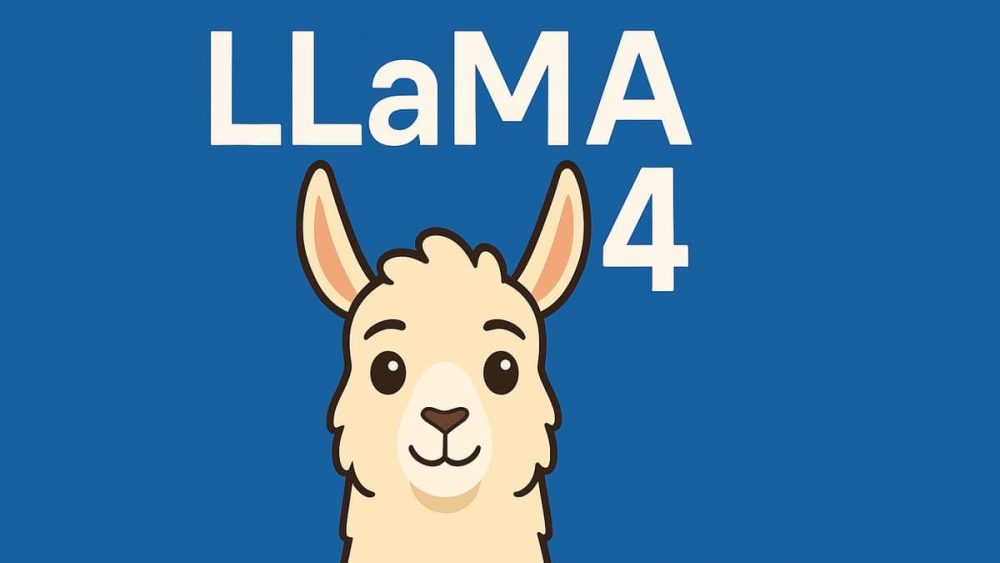Meta has introduced Llama 4, its newest series of large language models (LLMs). These models are now integrated into the Meta AI assistant, which is accessible on platforms like WhatsApp, Messenger, Instagram, and the web.
The launch features two models ready for immediate deployment—Llama 4 Scout and Llama 4 Maverick—while a more sophisticated version, Llama 4 Behemoth, is still in the works.
Llama 4 Scout
Llama 4 Scout is designed as a compact model that operates efficiently, capable of running on just a single Nvidia H100 GPU. It boasts a 10-million-token context window, enabling it to handle substantial data volumes simultaneously. Meta asserts that Scout surpasses Google’s Gemma 3, Gemini 2.0 Flash-Lite, and Mistral 3.1 in various popular benchmarks. Additionally, Scout is available for download on Meta’s platform and Hugging Face.
Llama 4 Maverick
On the other hand, Llama 4 Maverick is presented as a more advanced option, rivaling OpenAI’s GPT-4o and Google’s Gemini 2.0 Flash. Meta claims that Maverick achieves similar results in coding and reasoning tasks while utilizing fewer active parameters, potentially enhancing its efficiency for specific applications. Meta highlights DeepSeek-V3 as a benchmark for comparison.
Llama 4 Behemoth
Currently in training, Llama 4 Behemoth is set to be Meta’s flagship model, featuring 288 billion active parameters and a total of 2 trillion parameters. Although it is not yet released, Meta CEO Mark Zuckerberg promotes it as the “highest performing base model in the world.” Initial claims indicate that Behemoth is expected to outperform models like GPT-4.5 and Claude Sonnet 3.7 across various STEM benchmarks.
MoE Architecture
For the Llama 4 series, Meta has implemented a Mixture of Expert (MoE) architecture. This innovative approach activates different sections of the model based on the specific task, optimizing performance while minimizing resource consumption. Meta states that this strategy has enabled the development of scalable and efficient models.
Open Source with Conditions
While Meta labels Llama 4 as open-source, the licensing conditions have sparked worries among developers. The existing license requires any commercial organization with over 700 million monthly active users to seek approval from Meta before utilizing the models. This limitation has prompted the Open Source Initiative to contend that Llama does not align with the conventional definition of open source.
Looking Ahead
Meta plans to share more information about its future AI initiatives at LlamaCon, an upcoming event set for April 29. The company is expected to provide further details of its plans for AI models and related products.
For more daily updates, please visit our News Section.

